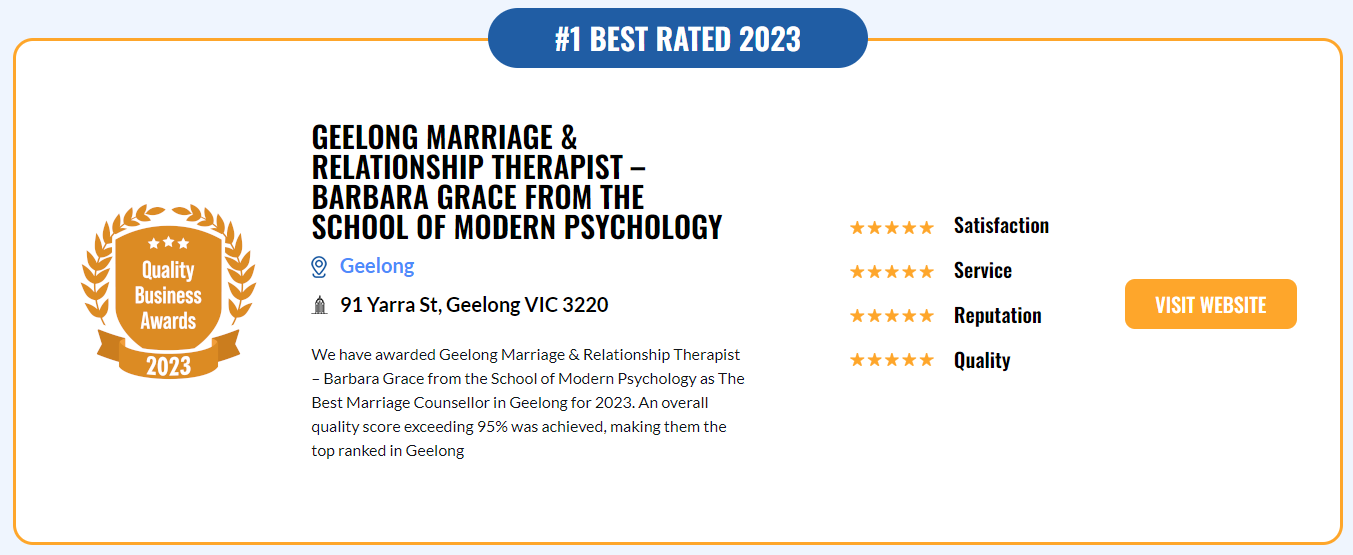Anxious AND Highly Sensitive AND Struggling in Your Relationship?
/This post is about: Navigating Love Hurdles if You’re Anxiously Attached AND Highly Sensitive
Discover How to Move From Relationship Struggles to Using Your Intuitive Strengths
When was the last time your emotions felt like a tidal wave, crashing over you and threatening to pull you under, especially in your closest relationships?
Did you find yourself craving constant reassurance, fearing abandonment, or disappearing into the background to keep the peace?
If you're an Anxiously Attached and/or a Highly Sensitive Person (HSP), you're likely nodding your head. It can be a tough combination - half the time you may not understand what’s going on in your body or head.
And if you’re not sure what those terms (anxious attachment and highly sensitive person) really mean, keep reading because understanding this unique blend of traits is the first step toward transforming your relationship struggles into powerful sources of strength.
While I can talk about this because of couples I meet in my work as a relationship therapist, it’s also my personal experience - and I know the deep challenges (and the shifts that are possible) - so let’s get started, together. You don’t have to do this alone.
For many years, 'sensitivity' was seen as a weakness.
As a child I was told to 'stop being so sensitive', was bullied at school, made feel an outsider and misunderstood by parents, who often said they didn’t know where I came from - complete with eye roll and a shoulder-shrugging sigh - but as I understand more about high sensitivity, to have to have this genetic trait minimised as something you’ll eventually get over, was to deny a core part of who I was.
This is especially true for highly sensitive persons with anxious attachment styles.
Before we get into this, let’s review what these terms really mean:
Highly Sensitive People (HSP), represent between 15-30% of the population approximately, and are born with a highly sensitive nervous system. This means they have a heightened response to physical, social, and emotional stimuli due to a trait called "sensory processing sensitivity" which is believed to be largely genetic in origin. They process information more deeply, are more attuned to subtle cues, and experience emotions more intensely. And their environment - both physically and emotionally are keyholes to their interior world.
Anxious attachment, on the other hand, is an attachment style characterized by a deep fear of abandonment, a need for constant reassurance, and a tendency to become preoccupied with relationships - often abandoning their own needs to maintain a status quo. It’s said to affect about 20% of the population. This stems from inconsistent caregiving in childhood. A caregiver who is at times responsive and other times neglectful, emotionally unavailable, or depressed can create an environment of uncertainty that produces a fear of abandonment, or negative self-beliefs that can shadow a child’s relationships for decades to come.
BUT what if your sensitivity, the very thing you've been told to ‘get over’, is actually a superpower waiting to be unlocked? Instead of a ‘fault line’, it’s framing an opportunity?
Because being anxiously attached AND highly sensitive is not a curse.
It's a unique set of traits, often influenced by genetics, that, when understood and managed, can lead to deeper, more fulfilling relationships.
It starts with recognizing the connection between these two aspects of your being.
The Anxious HSP: A Perfect Storm or a Symphony in the Making?
Imagine your heightened sensory awareness being amplified by the fear of rejection, which is the hallmark of anxious attachment in adult intimate relationships. Every perceived slight, every unanswered text, every change in tone unearthing your deepest fears fueled by beliefs of ‘not enough’.
This literally activates your sensitive nervous system, triggering the belief you’ll be abandoned due to experiences based on the parenting style you received.
But then, something else happens as a coping mechanism when your partner is sick of dealing with your perceived love-neediness…
You learn to suppress your voice and your needs as it’s just not safe to expose them for fear of judgement so you retreat to an inner world - disappearing emotionally from the relationship, instead turning up as a mirror to what your partner wants you to be: compliant, easy.
It may work at the beginning, until subconsciously a deep sense of loss and loneliness aches in every cell of your body - because you know this is no way to live.
I’ve worked with women in my office suppressing their needs and desires, becoming people-pleasers who prioritize a partner's happiness above their own. They’ve lost the ability to stand up for themselves, be assertive, express their needs or love in a way that fulfils human desire.
If you resonate with this, you may notice yourself walking on eggshells, afraid to rock the boat. Your sensitivity and empathy, normally strengths, become tools of self-sacrifice - shutting off your heart, steeling yourself against feeling, yet reeling from the greatest fear you have: not being lovable enough because you’re dismissed and replaceable.
The Unseen Strength: Rediscovering the Power Within
This pattern, if left unchecked, can lead to resentment, emotional overwhelm, and a deep sense of disconnection from yourself and your partner. You may start feeling like you’re living a life that isn't your own, more like one that accommodates a partner, while disappearing, fading, getting smaller and smaller, and more and more lost.
BUT what if there was a different way to see this?
What if this combination of high sensitivity and anxious attachment can offer a deeply complex inner world filled with enriching sensory experiences that allow you to trust your voice, your emotions and your sensitivity?
What difference would that make in your life, and relationship?
It starts with recognizing that your sensitivity is not a weakness, it’s a potential superpower. The key lies in managing the negative aspects of anxious attachment and amplifying the inherent strengths of being an HSP.
Before we get into how to do this, let’s look at the strengths you have deep within as a highly sensitive person:
Enhanced Empathy: Your capacity to truly understand and connect with others' emotions is a gift. Use it to build deeper intimacy, but remember to establish boundaries so you aren't 'taking on' your partner's feelings. Feel with them, but don't become them.
Heightened Intuition: You often 'know' things before others do, sensing subtle shifts and unspoken truths. Trust your gut feelings, especially when something feels off in your relationship, BUT combine that with asking for clarification from a loved one.
Intense Desire for Connection: Your craving for deep, meaningful relationships can inspire you to create intimate spaces and prioritize quality time with your partner. Nurture that desire but remember your identity isn't solely defined in a relationship setting, and that your identity is separate from your partner. Understand what makes you, you!
Attention to Detail: Your keen eye for beauty and detail can translate into thoughtful gestures and a cultivated environment that enhances the relationship. Notice what makes your partner feel loved and appreciated.
Strong Moral Compass: Your commitment to your values can create a foundation of trust and integrity in your relationship. Make sure your values align with your partner.
Creativity and Intuition: Your unique perspective can help you approach relationship challenges with innovative solutions and a deeper understanding.
Reclaiming Your Voice: Strategies for the Anxious and Highly Sensitive Person
So, how do you transform from a disappearing people-pleaser into a confident, empowered sensitive person who thrives in relationships by amplifying your gifts?
Yes, it's a journey, and I know from personal and professional experience your strengths allow you to work with the following strategies to shift old patterns to new ways of relating.
Start by:
Cultivating Self-Awareness: Understand your anxious attachment style and how it manifests. Journal, reflect on past relationships, and identify your triggers.
Challenging Anxious Thoughts: Question the validity of your fears and replace negative thoughts with more balanced ones. Remember, not every unanswered text means your relationship is doomed!
Developing Emotional Regulation Skills: Learn to manage intense emotions without relying solely on your partner. Practice mindfulness, deep breathing, and engage in activities that bring you joy and calm.
Building a Strong Sense of Self: Invest in your personal growth, pursue your passions, and define yourself by your values, not just your relationship status.
Setting and Maintaining Healthy Boundaries: It's okay to say no! Protect your time, energy, and emotional well-being by setting clear boundaries with your partner.
Improving Communication Skills: Learn to express your needs and feelings assertively, using "I" statements and active listening.
Seeking Reassurance Mindfully: It's okay to need reassurance, but learn to self-soothe first and ask for specific reassurance from your partner when needed.
Practicing Self-Compassion: Be kind to yourself, especially when you're struggling. Treat yourself with the same understanding and empathy you would offer a friend.
Strengthen Social Connections: Nurture your friendships and build a support system outside of your relationship.
Considering Therapy or Counseling: A therapist specializing in attachment theory or HSP traits can provide invaluable support and guidance.
In my therapy practice, I often work with Highly Sensitive people who knew about their partner's affair long before having concrete evidence. This isn't magic; it's their intuition, and their highly active ‘mirror neurons’ at work.
They picked up on subtle changes in behavior, energy, and communication that others might miss. BUT instead of trusting their gut, they often dismissed their intuition, worried they were being 'too sensitive' or 'paranoid.'
High sensitivity is a genetic gift, not a personality trait, which means it’s a valuable trait to keeping oneself safe - and at one time in humankind’s development was a highly valuable trait to have as it helped keep the tribe safe from untrustworthy intruders.
The Journey to Secure Attachment as a Sensitive Person: A Quest Worth Pursuing
The journey from anxious attachment to secure attachment is a process that’s worth taking.
For me, it took time discovering my authentic voice - it only came with looking inwards, understanding the parts of me who wanted to hide from being misunderstood, offering those parts deep love and respect for all they’d gone through, shifting beliefs that never served me, reaching inside for assertive confidence, discovering boundaries and learning the language to communicate them clearly.
Yes, it’s a quest - one of ongoing self-reflection, effort, commitment to respect yourself and shift automatic shut-down responses for an emotionally sensitive way to communicate needs.
Doing the work comes with immeasurable rewards. By embracing your sensitive nature, managing anxious tendencies, and reclaiming your voice, you can create relationships that are not only fulfilling but also empowering, allowing you to thrive as your authentic, sensitive, and deeply loving self with a respectful partner who is willing to work with your gifts.
The first step is always awareness.









